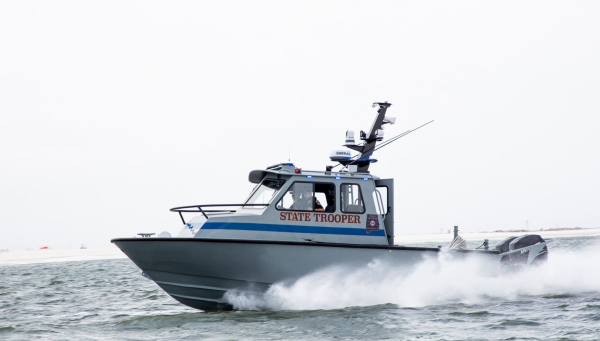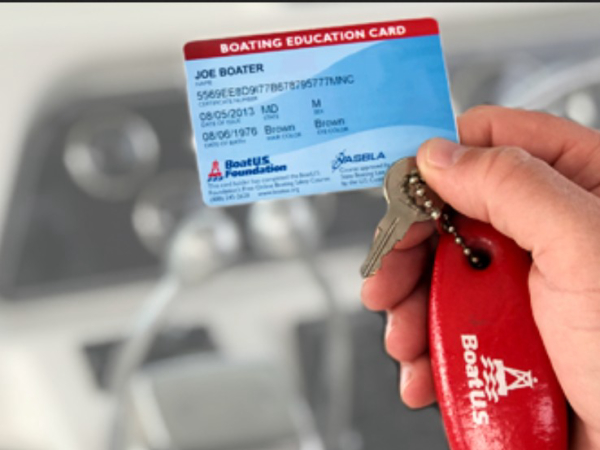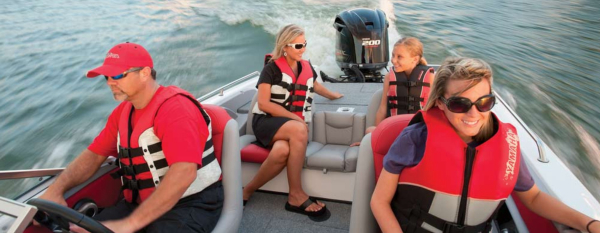
Bass and crappie anglers towing their boats to Alabama’s prime lakes this fall may get an unpleasant surprise if they happen to run into a state enforcement officer on the water. Ditto for non-resident anglers headed to the state’s red-hot inshore fisheries for redfish and trout in Mobile Bay and surrounding waters.
No boater safety course ID means at the very least a warning—and no fishing or boating on the state’s waters until you complete the course.
The same is true in New York and New Jersey, among other states. Florida, one of the most popular destinations for traveling anglers and boaters, requires certification to operate any boat with more than 10 horsepower, no matter where you come from.
Many states, pushing for reduction in boating accidents, are now requiring boater safety courses for all operators on their waters.
And while getting a ticket or a warning for non-compliance is a pain, it’s not nearly as painful as dealing with a boating accident caused by a lack of awareness or know-how, or not knowing the boating rules-of-the-road.
As fall fishing peaks, thousands of anglers travel across state lines in search of new lakes, rivers, and coastal havens. What many may not realize is that several states require non-resident visitors to hold a current boating safety certification in order to legally pilot a motorized vessel within their waters.
Whether you're a casual angler or a tournament competitor—or maybe just a pontoon boat family looking for a fall leaf-peeping cruise--knowing where you must produce that boater-safety card could mean the difference between smooth sailing and an unwelcome stop by the marine patrol or FWC.
The requirement is not just another bureaucratic pain in the keister—pretty clearly, more than a few boaters, including anglers, are not well-versed in the operational rules designed to keep boaters safe.

Statistics indicate majority of boating fatalities occur when operators haven’t taken safety training, per BoatUS. And educating boaters appears to help significantly. States that have put boater education mandates in place have seen considerable reduction in accidents: Delaware reported a 33% drop, Michigan 30%, and Connecticut 31%.
Courses don’t take long—usually four to six hours over several sessions online—and they’re available for most states free from BoatUS; https://www.boatus.org/free#state. They cover vital topics like navigation, rules of the road, safety gear, weather awareness, fueling, and emergency response.
The payoff? Safer waterways for everyone, and less tragedy on the water.

Bottom line is, if you’re planning on a boating/fishing vacation operating your own boat, be sure to check in advance to see if you’ll need certification to legally operate where ever you’re headed.
And even if you’re not taking off on an interstate, now would be a good time to take a few hours and review the basic lessons that your state’s safe boating course, nearly all of which are now online, can teach you.
Also, make a hard copy of the boater safety card you can access after course completion and keep it in your wallet—it’s likely to save you enforcement woes both on your home lake and where ever you travel this fall.
— Frank Sargeant
Frankmako1@gmail.com